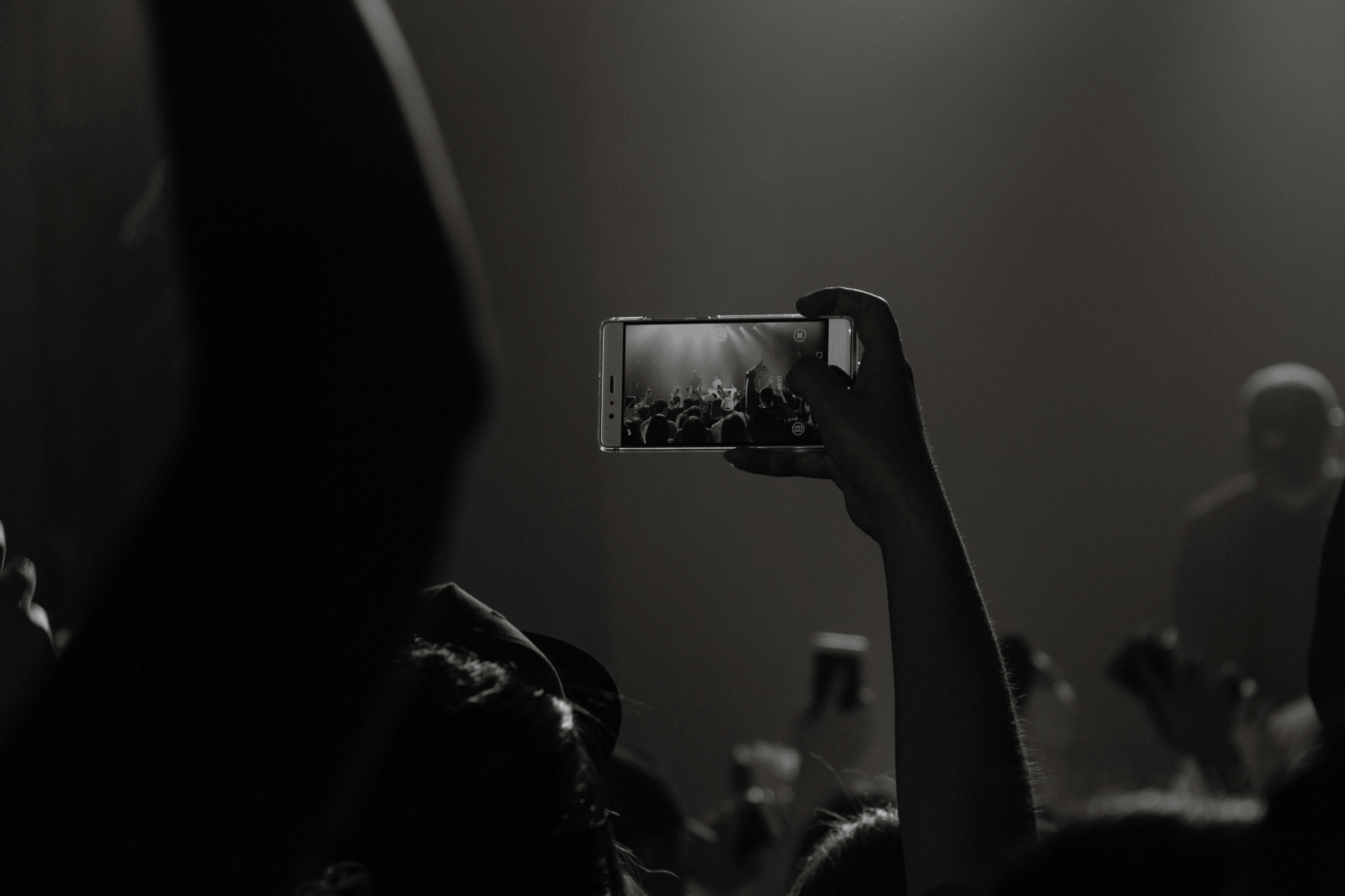“Just because a song is viral doesn’t mean it’s good” and that’s a real problem for artists

Photo: Ying Liang

I saw this statement shared (ironically, virally) as a post on Instagram over the weekend. My initial thought – from the perspective of someone who has never paid much mind to chart placements – was: “well, yeah.”
Surely, music has always been this way at least to some extent. There has always been a pressure to push something to a larger number of people, to neutralise a message for the sake of success, right?
Then I noticed the post was liked and reshared by artists I respect, who I thought were solidified enough in their career and fanbase to be beyond such concerns: Goldie, Rosie Lowe, and Joyty, to name a few. So, I wondered whether this seemingly simplistic comment spoke to a much larger issue.
Are artists being influenced to produce what is ‘viral’ to the detriment of what they really want to make? And if so, what is it going to mean for the future of the creative process?
The algorithm versus A&R
The music industry has always chased hits (hence the “well, yeah”), but the mechanisms dictating what becomes a hit are in flux. Where once there were human gatekeepers: A&Rs, DJs, and critics, we now have a messy hybrid of the two. Human gatekeepers still have some say but the algorithm holds more power in the process. Going forward, it feels as though the algorithm – specifically TikTok’s – could be shaping industry direction, yet at the same time not delivering what artists and labels need. Especially conversion to streaming (where they can monetise most effectively).
A song’s reach is increasingly determined by its ability to soundtrack a 15-second clip, not its capacity to engage for three minutes, not its depth or sentiment, just a fleeting, repeatable, forgettable hook. No wonder artists are rebelling. You would have to ask yourself, what's the point?
Featured Report
Ad-supported music market shares Spotify ascending
Ad-supported streaming has always occupied a unique and slightly contentious place in the music industry ecosystem. On the one hand, ad-supported still represents an effective way to reach consumers at scale, creating a wider subscriber acquisition funnel.
Find out more…The creative cost of virality
I am sure most artists or music lovers would generally respond with something akin to: ‘It is my art and I do it because I love it, irrespective of popularity.’
Yet – no one wants to go back to their day job.
So, what we could see is a further bifurcation of artistic creation, where artists share the work they love, and believe is ‘good’, independently or on platforms they feel are more aligned with their individual scene. And that, crucially, do not need to pander to the ephemerality of viral success.
To pay the bills, however, artists have to chase virality, crafting disposable hooks designed to trend. Even that purest of dance music genres, techno, is grappling with its own ‘TikTok techno’ identity crisis.
We now witness many artists dividing their creative output into two distinct streams, one for authentic expression, another for commercial viability. This divide carries significant cultural consequences. As underground scenes retreat further downward, we risk reaching a tipping point where mainstream music becomes reduced to mere sonic wallpaper; background noise stripped of deeper meaning.
The danger lies in this division becoming permanent. When TikTok-driven content completely dominates the mainstream, we may find ourselves in a cultural landscape where music loses its power as a transformative art form. Rather than serving as a complementary element to visual media, music at its best should remain a profound, embodied experience that resonates with body and soul. Given that artists and labels predominately see TikTok as a means-to-an-end (i.e., driving streams) there is a real tail-wagging-the-cultural-dog challenge at play.
The worrying prospect of reverse engineering
This is not to say that there are not great songs that have gone viral. But when artists feel compelled to reverse-engineer their music rather than lead creatively, we face a dangerous tipping point. The pressure feels tangible, and the consequences could be culturally devastating.
The solution feels like it must come from all sides. Ideally, listeners would take more autonomy in their choices, thinking more deeply about what or who they want to support to create space for meaningful work to thrive. Though, in practice, only a minority of listeners are ever likely to think this way, especially as all this happens in their hyper-saturated social feeds. Where change can be most meaningfully made is with platforms and labels. They must evolve, aligning more with creators and human gatekeepers. Draw a line in the sand and they are on the side of artistry rather than addictiveness. Artists too should trust their audience more, ask for encouragement, and allow us to see and trust their creative instincts.
Because the question should not be ‘will this be viral’ but ‘will this matter in five years?’ If we fail to collectively start valuing the latter, we risk losing music’s essence entirely. Do we settle for disposable content or make space for something that truly lasts?

The discussion around this post has not yet got started, be the first to add an opinion.